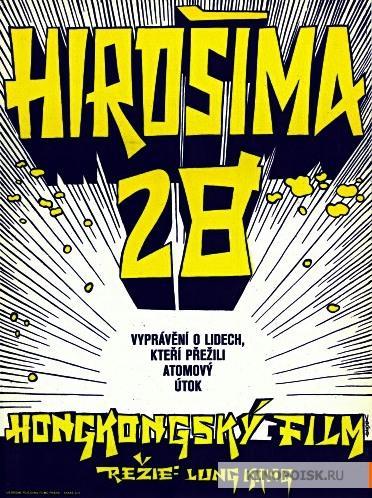Hiroshima 28

Filmed on the 28th anniversary of the 1945 atomic bombings in Japan, Hiroshima 28 saw Patrick Lung Kong take his filmmaking to its most ambitious level, confronting an issue of international importance. Working largely on location with limited crew and cast, Lung Kong created an unusual family melodrama overshadowed by wartime horrors and voiced a clear opposition to nuclear warfare. Josephine Siao stars as Yoshiko, a Hiroshima tour guide that takes around a Hong Kong reporter who’s researching the aftermath of the bombing. It’s a legacy that Yoshiko knows too well: “The bomb dropped 28 years ago has just destroyed my life,” she declares at one point. When marriage is on the cards for the young woman, her family wants to hide that she’s the daughter of an atomic-bomb survivor - news that would stoke potential in-laws’ fears of radiation’s ongoing effects. Indeed, the young woman is struck by leukemia; in her case it’s seen as a second-generation result of the bombing. In its tackling of Cold War issues, Hiroshima 28 is a courageous but imperfect work. Sentimental drama in the central family (in which there’s more than one dark secret being kept) verges on overwrought, and the pace is drawn out at times. The concept of Chinese actors playing Japanese characters can also strike viewers as unusual, although the concept still exists in modern Hong Kong cinema (as seen in 2005’s big-budget Initial D). During the film’s 1974 release, the idea of a Hong Kong filmmaker traveling to Japan to make such a picture didn’t sit all that well back home, where Lung Kong was harangued for being too sympathetic toward the Japanese. That negative reaction (despite content in the film referring to Japanese wartime atrocities) ultimately drowned out the picture’s message - a gist that is no less valid today. The movie opens with solemn memorial footage, then hammers home its point up to a closing monologue. Playing the reporter, Lung Kong suggests futility in the peace movement, and as writer-director he stresses that even if war is unavoidable, nuclear weapons must play no part in it: another bombing like Hiroshima’s would create victims for generations to come.